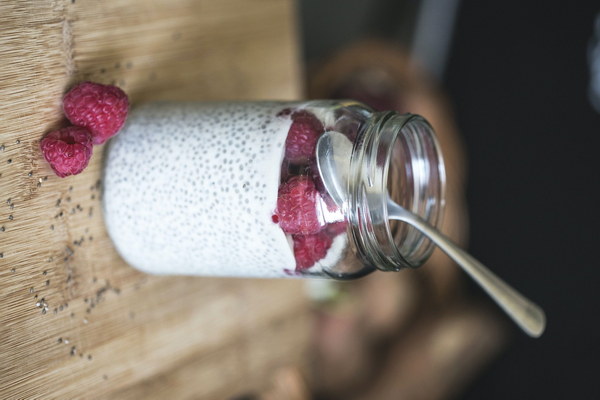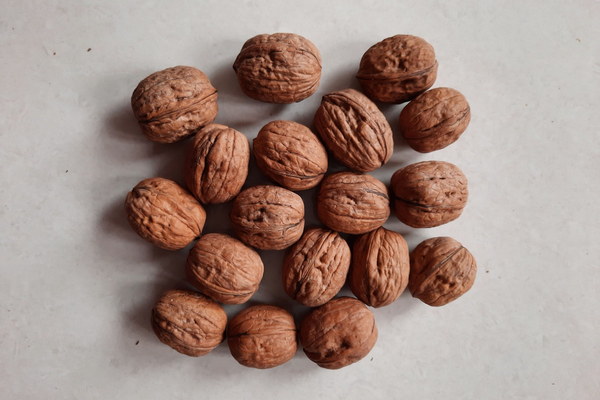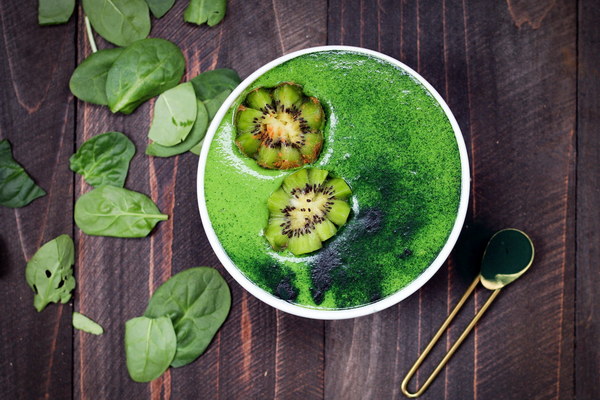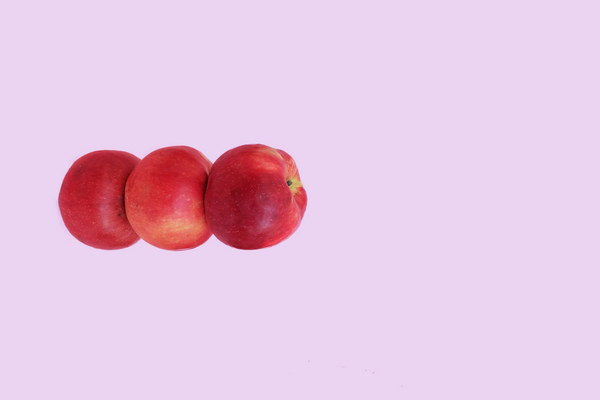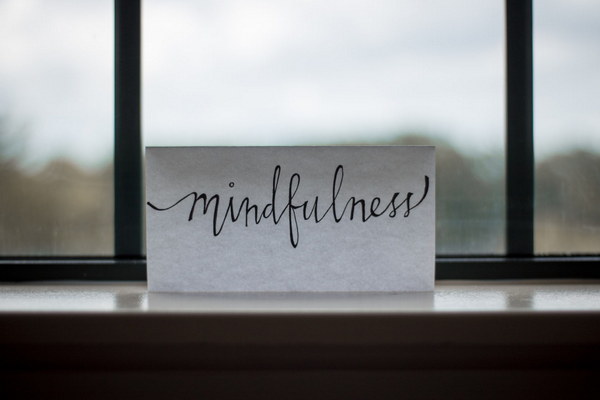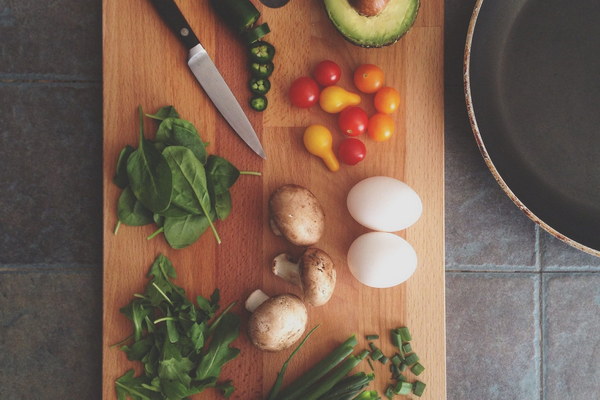Nourishing Your Qi and Blood A Comprehensive Guide for Women's Health
In the pursuit of overall well-being, women often seek ways to enhance their physical and mental health. One effective approach is to focus on nourishing the body's Qi (vital energy) and blood. In traditional Chinese medicine, maintaining a healthy balance of Qi and blood is crucial for women's health. This article delves into the significance of Qi and blood in women's health, and provides practical tips on how to effectively nourish them.
Understanding Qi and Blood in Women's Health
In traditional Chinese medicine, Qi is considered the vital force that animates the body and maintains its function. Blood, on the other hand, is the substance that carries nutrients, oxygen, and hormones to all parts of the body. For women, who are often subjected to hormonal fluctuations, stress, and monthly menstrual cycles, ensuring a healthy balance of Qi and blood is essential.
Signs of Qi and Blood Deficiency in Women

Identifying signs of Qi and blood deficiency can help women take appropriate measures to address the issue. Common symptoms include fatigue, weakness, pale skin, cold hands and feet, dizziness, poor concentration, and irregular menstrual cycles. By addressing these symptoms, women can improve their overall health and well-being.
Tips for Nourishing Qi and Blood
1. Balanced Diet: A well-balanced diet rich in essential nutrients can help nourish Qi and blood. Incorporate foods such as dates, goji berries, black sesame seeds, red meat, and fish into your diet. These foods are known to boost blood production and enhance Qi.
2. Regular Exercise: Engaging in regular physical activity helps improve circulation, thereby promoting the flow of Qi and blood throughout the body. Gentle exercises like tai chi, yoga, or walking can be beneficial.
3. Adequate Sleep: Quality sleep is crucial for the body's ability to produce and circulate Qi and blood. Aim for 7-9 hours of sleep per night to ensure your body has enough time to rejuvenate and maintain a healthy balance.
4. Stress Management: Chronic stress can deplete Qi and blood. Techniques such as meditation, deep breathing exercises, and mindfulness can help manage stress levels.
5. Herbal Remedies: Certain herbs, such as astragalus, ginseng, and dang gui, are known for their Qi and blood-nourishing properties. Consult with a healthcare professional before incorporating these herbs into your routine.
6. Acupuncture and Massage: Acupuncture and massage therapy can help stimulate the body's natural Qi and blood flow, promoting healing and well-being.
7. Avoid Excessive Caffeine and Alcohol: These substances can deplete Qi and blood, leading to further deficiency. Limit your intake of caffeine and alcohol to maintain a healthy balance.
Conclusion
Nourishing your Qi and blood is an essential aspect of women's health. By adopting a balanced diet, engaging in regular exercise, managing stress, and incorporating herbal remedies and alternative therapies, you can effectively enhance your Qi and blood levels, leading to a healthier and happier life. Remember, taking care of your body's vital energy and blood supply is an investment in your overall well-being.
